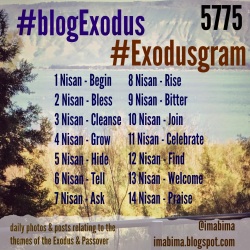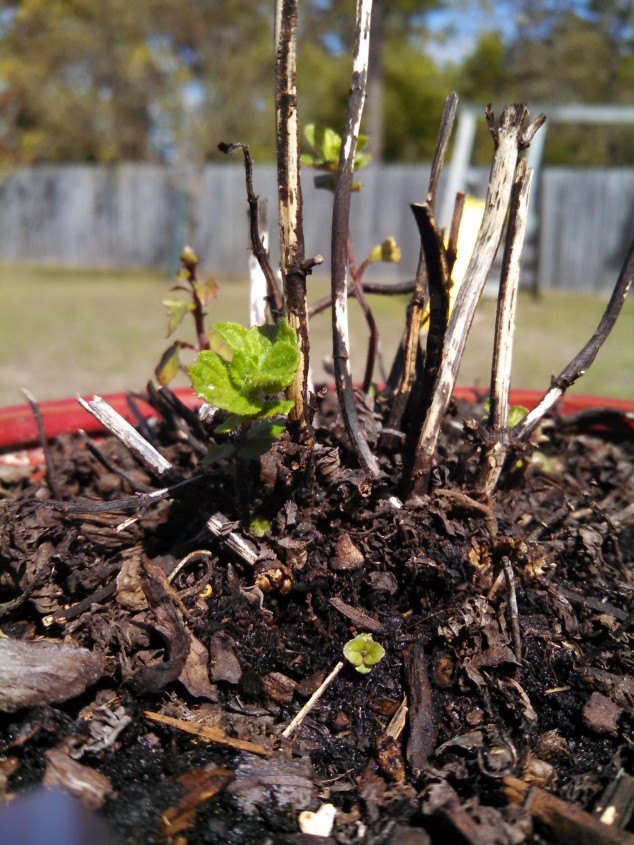 Have you ever taken steps to hide your religious identity? Was it because your physical safety was at stake if the wrong people found out?
Have you ever taken steps to hide your religious identity? Was it because your physical safety was at stake if the wrong people found out?
My husband is a Naval Aviator. Due to the location of forward logistics sites for his fleet squadron’s detachments, he chose to keep the fact that he was a Jew hidden while he was deployed. I talked with him a little about his experience with flying under the religious radar.
Thanks for this exclusive interview, honey.
[laughs] You’re welcome.
When was the first time you considered that you might have to hide that you were Jewish?

The mighty C-2A Greyhound, also known as the COD for its Carrier Onboard Delivery mission. (U.S. Navy photo by Mass Communication Specialist Seaman Gregory A. Pickett II/Released)
It really was preparing for a COD deployment… realizing that my base of operations wasn’t going to be with a bunch of other military personnel, it was going to be living out in town in an Arab country, not on a secure base. It was just a regular hotel room. It’s sort of a different thing than being on a forward operating base where you and all of your closest friends are carrying rifles. We were guests in a country that is by and large friendly, but the fact is there were some people there who might have actual, serious, no-kidding problems with Jews. I had no way of knowing who might hold these feelings and who might take it far enough to act on them if they found out I was Jewish, so I kept it quiet.
What were the steps you took to obscure your religious identity?
I got a set of dog tags that said “No Preference” instead of “Jewish.” I went through the luggage I planned to bring and made sure that I hadn’t left a kippah or other piece of Judaica in there… I kind of sanitized it. And when I gave out the FPO address to friends and family, I asked them not to send me anything for the Jewish holidays.
That last part bothered me more than I thought it would. It seemed like everyone else had all these cute ideas for care packages for Easter or whatever, and it didn’t even occur to them to worry about it.
Well, probably it was assumed that if service members were American, they were Christian. That didn’t necessarily add any additional animosity on top of just being American.
In fact, I had a friend who got sick and was stuck out in a hospital out in town. He’s Christian, but he happened to have the middle name “Abraham.” He was asked point-blank by his [local] nurses, “Is that the Muslim Abraham or the Jewish Abraham?” He definitely got the sense that the “wrong” answer would have created problems.
Did you feel like you were missing out by hiding your religion while deployed?
It felt like I kind of turned off being Jewish for a while. It’s not that I didn’t get to celebrate Passover, but I had to get myself into a safe place — either inside the gates aboard the American base or, as I did for my first deployment, out to the aircraft carrier at sea. Even something as simple as bringing my own kippah — I couldn’t do it. I couldn’t bring a prayer book or anything. I honestly don’t know how often I would have cracked it open, but there was no question, it wasn’t an option.
It wasn’t strictly about my safety. It might have made the people around me bigger targets, as well.
It did make me sad, because I thought about some of our forebears who went and fought in WWII and asked themselves the same question, Most of them kept their Jewish preference on their dog tags. But, the threat that they faced was a little different. I was in a friendly country, just with the understanding that a terrorist-type attack on Americans could happen. The ones who went overseas in WWII knew that they were going into hostile territory, and their plan was to get into a fight.
So, would it have been easier if you were on the carrier the whole time?
For the sake of getting to have a Jewish identity while deployed? Yes. I would have been able to bring whatever Jewish items into my stateroom that I needed, and I would have been surrounded by friends.
I should hasten to add that everything else about living out in town was way better. There were many wonderful restaurants, which meant that when I wasn’t flying, I got to eat delicious meals instead of being stuck with Boat food. There were great businesses run by really nice folks. I enjoyed talking with them, but they didn’t need to know I was Jewish.
How did you feel when you got home (other than thrilled to see me, of course) and could be “out” as a Jew again?
Getting home really made me appreciate the wisdom of the founders of this country. Separation of church and state helped to make a space where people of a wide variety of beliefs actually could live together in harmony, and not by one group completely hiding who they were to fit in with the rest.
Amen. Thanks so much for sharing your perspective with me and letting me put it up on the blog.
You’re welcome.
#blogExodus, the brainchild of Rabbi Phyllis Sommer, invites participants to chronicle the weeks leading up to Passover through blog posts, photos, and other social media expressions.







